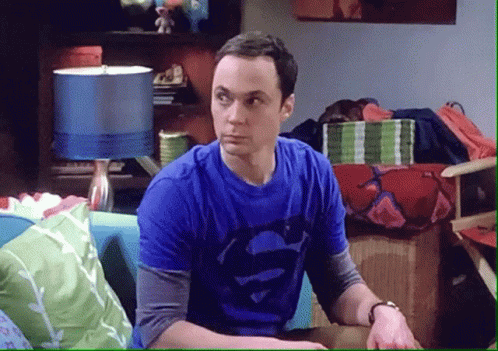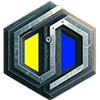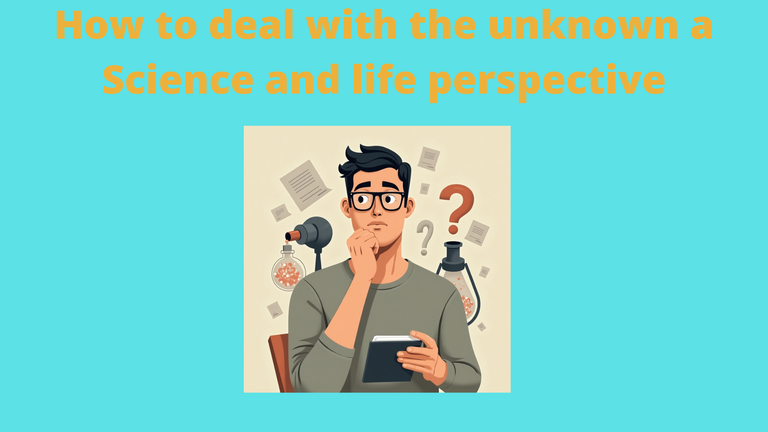
My last post talked about cancer treatment and how difficult it is to understand the unknown, especially in cancer research. Every single step that science is making in this field is punctual and characteristic to a specific disease in this large group of diseases. In science, we deal a lot with unknowns and we need to know how to deal with that. It is very curious how we try to deal the unknowns, usually trying to fill it with anything that we think, let's get an example.
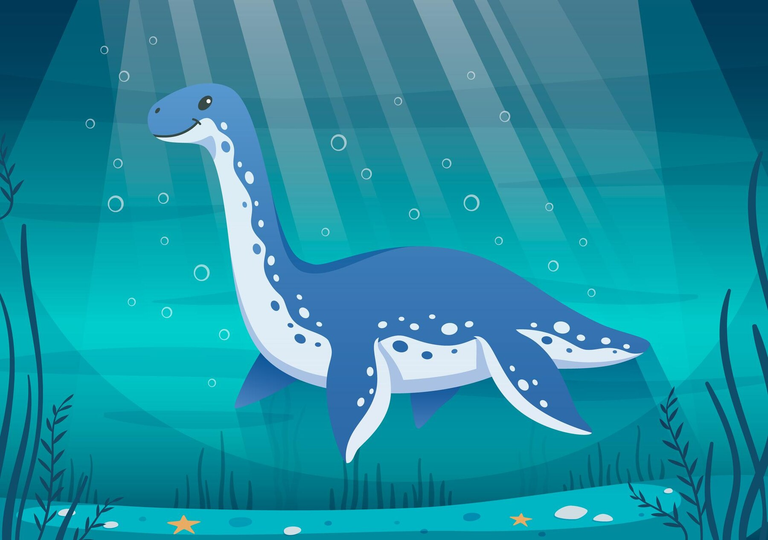
In the old times, when humans started to explore the seas they were sealed with animals never seen before, big animals like whales. When facing the unknown the needed to explain what they saw. The first idea in their heads was to mention it as sea monsters. In the Norse mythology, there is a monster called "hafgufa" and nowadays everyone knows that this monster was a whale. The legends say that the monster keeps its mouth open to attract fish like the whales.
Another example is the fight between those who believe in God and the Big Bang theory. I heard an interview of an astrophysicist explaining about the big bang and how it happened. So the interviewer asked what happened before the Big Bang, and the scientist said that he didn't know, so then the interviewer said that that is proof that god exists and he created everything. Than the scientist mentioned an interesting concept about the "God of the gaps". Nowadays, we try to explain everything that we don't know saying that god must be done that. Dealing with the unknown always make us to fill these gaps with anything that we can think about.
Another example, I posted three years ago about my father, who was diagnosed with cancer, a tumor called Cholangiocarcinoma, a tumor in the Biliary ducts in the liver. He removed the tumor with part of the liver plus the gallbladder. He came back normally to his life after that. I read a lot about it, I never studied this tumor so deeply, but I knew where to find the answers. I saw that it was a rare cancer, but very associated with aging. In addition, I read that 70% of the patients would have recurrence until 5 years after the surgery. I preferred to hope that maybe he was one of the other 30%. Well, last week he got diagnosed with a recurrence almost 3 years of his surgery in March 2022. And now we are still waiting for the next steps of the new treatment that would be decided by the oncologist. And we don't know the outcome of that treatment.
Not only does science have many unknowns, life in general has them. The important thing is admitting that "We don't know" and maybe we can search for the truth or maybe the truth isn't unreachable now in our current state of technology. Not knowing about what the future brings is also something important to admit and to live with.
Well I posted about the last STEM competition before the new year, and because of that it was mostly forgotten. Only two people didn't forget, @ladyaryastark and @coyotellation. I didn't forget about you guys. One interesting text about quantum computing and maybe the hope to make some difference in the crypto world. The other text was about how AI is important nowadays and its uses in our lives which are becoming so much frequent. Both authors got 5 HSBIs each.

For the next contest let's see the topics:
1- Kids education in Sciences, what is your opinion about it, and what you can change about it?
or
2- How does the general media treat science topics? What can be improved?
Rules:
- Have fun writing about this experience with STEM topics. It doesn't exit the thing " I am not smart to write about it".
- Post the link in the comment section.
- Don't commit plagiarism and don't use AI for your text.
- Use #stem and #science tags, let's populate them with some love!
- No word minimum, but it is recommended to write at least 300 words.
Deadline: Monday, February 13th at 11:59 PM UTC.
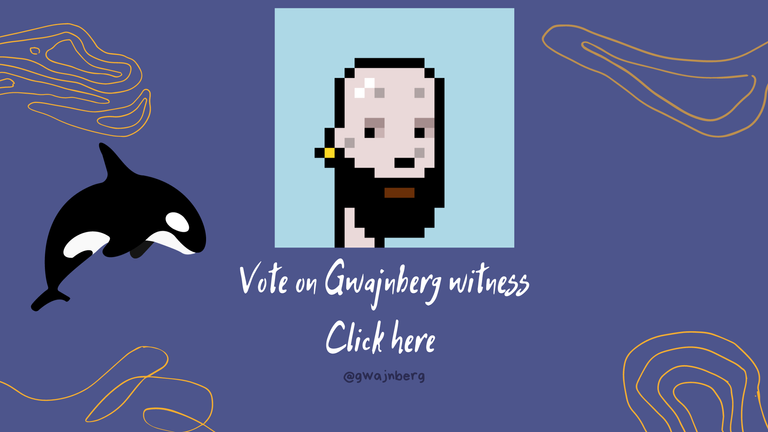
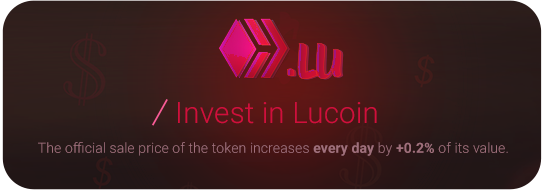

Meu último post falou sobre o tratamento do câncer e como é difícil entender o desconhecido, especialmente na pesquisa do câncer. Cada passo que a ciência está dando neste campo é pontual e característico de uma doença específica neste grande grupo de doenças. Na ciência lidamos muito com o desconhecido e é importante para nós sabermos como lidar com isso. É muito curioso como tentamos lidar com o desconhecido, geralmente tentando preenchê-lo com qualquer coisa que pensamos, vamos pegar um exemplo.

Antigamente, quando os humanos começaram a explorar os mares, eles eram selados com animais nunca vistos antes, animais grandes como baleias. Ao se depararem com o desconhecido, eles precisavam explicar o que viam. A primeira ideia em suas cabeças foi mencioná-lo como monstros marinhos. Na mitologia nórdica, existe um monstro chamado "hafgufa" e hoje em dia todo mundo sabe que esse monstro era uma baleia. As lendas dizem que o monstro mantém a boca aberta para atrair peixes como as baleias.
Outro exemplo é a luta entre aqueles que acreditam em Deus e a teoria do Big Bang. Ouvi uma entrevista de um astrofísico explicando sobre o Big Bang e como ele aconteceu. Então o entrevistador perguntou o que aconteceu antes do Big Bang, e o cientista disse que não sabia, então o entrevistador disse que isso é prova de que Deus existe e que ele criou tudo. Então o cientista mencionou um conceito interessante sobre o "Deus das lacunas". Hoje em dia, tentamos explicar tudo o que não sabemos dizendo que Deus deve ser feito assim. Lidar com o desconhecido sempre nos faz preencher essas lacunas com qualquer coisa que possamos pensar.
Outro exemplo, postei há três anos sobre meu pai, que foi diagnosticado com câncer, um tumor chamado Colangiocarcinoma, um tumor nos ductos biliares do fígado. Ele removeu o tumor com parte do fígado mais a vesícula biliar. Ele voltou normalmente à sua vida depois disso. Li muito sobre isso, nunca estudei esse tumor tão profundamente, mas sabia onde encontrar as respostas. Vi que era um câncer raro, mas muito associado ao envelhecimento. Além disso, li que 70% dos pacientes teriam recorrência até 5 anos após a cirurgia. Preferi torcer para que talvez ele fosse um dos outros 30%. Bem, semana passada ele recebeu o diagnóstico de recorrência quase 3 anos após a cirurgia em março de 2022. E agora ainda estamos esperando os próximos passos do novo tratamento que seria decidido pelo oncologista. E não sabemos o resultado desse tratamento.
Não só a ciência tem muitas incógnitas, a vida em geral as tem. O importante é admitir que "Não sabemos" e talvez possamos buscar a verdade ou talvez a verdade não seja inalcançável agora em nosso atual estado de tecnologia. Não saber sobre o que o futuro reserva também é algo importante de admitir e conviver.
Bem, eu postei sobre a última competição STEM antes do ano novo, e por isso ela foi quase esquecida. Apenas duas pessoas não esqueceram, @ladyaryastark e @coyotellation. Eu não esqueci de vocês. Um texto interessante sobre computação quântica e talvez a esperança de fazer alguma diferença no mundo das criptomoedas. O outro texto era sobre como a IA é importante hoje em dia e seus usos em nossas vidas que estão se tornando muito frequentes. Ambos os autores obtiveram 5 HSBIs cada.

Para o próximo concurso, vamos ver os tópicos:
1- Educação infantil em ciências, qual é sua opinião sobre isso e o que você pode mudar?
ou
2- Como a mídia em geral trata os tópicos científicos? O que pode ser melhorado?
Regras:
- Divirta-se escrevendo sobre essa experiência com tópicos STEM. Não sai da questão "Não sou inteligente para escrever sobre isso".
- Poste o link na seção de comentários.
- Não cometa plágio e não use IA para seu texto.
- Use as tags #stem e #science, vamos preenchê-las com um pouco de amor!
- Não há mínimo de palavras, mas é recomendado escrever pelo menos 300 palavras.
Prazo: segunda-feira, 13 de fevereiro às 23h59 UTC.

Posted using STEMGeeks
